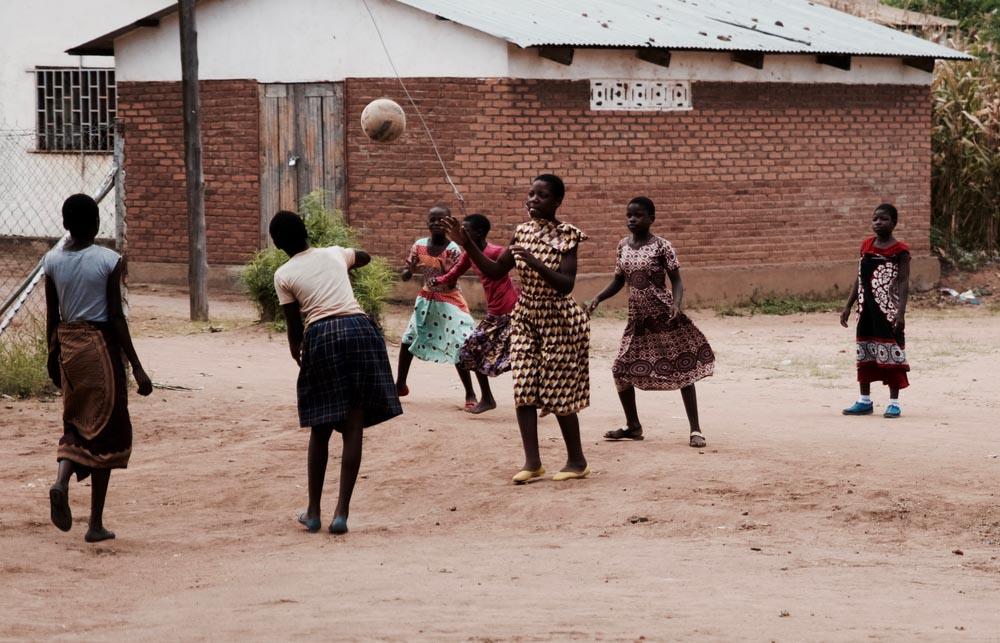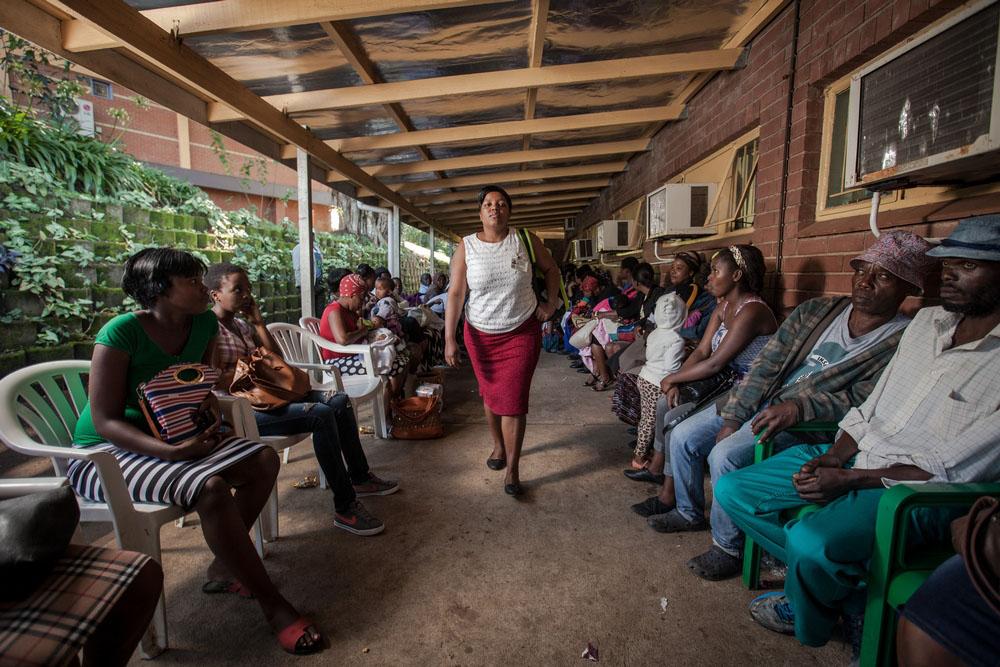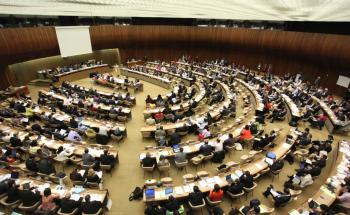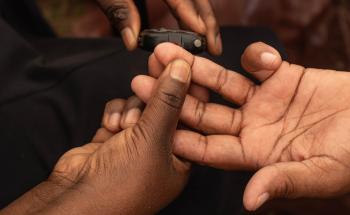Session Type: Side event- Presentation & Panel discussions
Session Title: Missing in action: HIV & TB care during emergencies and humanitarian crisis.
Description:
Provision of HIV & TB care in complex humanitarian emergencies remains one of the major gaps in the responses. Humanitarian emergencies and armed conflicts, especially those with prolonged character, increase vulnerability and inequity among the affected populations, including the risk of HIV transmission and barriers to accessing HIV & TB care services. Updated data on gaps in HIV care in such contexts remain scarce, however in 2016 it was reported that out of 2.6 mil PLHIV affected by a humanitarian emergency, 1.43 mil could not access lifesaving treatment (54% of adults; 65% of children; 79% of adolescents and 43% of pregnant women).
In places where MSF works, such as Cabo Delgado in Mozambique, South Sudan, CAR or Eastern DRC, we see disruption of HIV & TB services for the people, whether it is due to conflict or to other emergencies such as extreme weather events or epidemics. Patients with Advanced HIV, Lost-to-follow-up, high rates of mother to child transmission are among the consequences of dysfunctional supply chain, lack of decentralization of services, lack of DSD models, HR issues – quantity & quality, stigma & discrimination but also inexistence of contingency plans – including pre-positioning of stocks and mitigation strategies in case of low stocks. Some of the models developed by MSF (and others) in the last years are used to ensure continuity of services when sudden disruption of services: MMD, CAG’s, community-based distribution points, runaway bags, etc.

The current war in Ukraine shows the complexity of adapting the response to answer the needs of patients with chronic diseases but also the capacity of actors (international such as UN agencies and local CSO) to mobilize in order to ensure continuity of care to people in need. The CSOs have been the backbone of the response, which was unanimously supported by humanitarian actors.
The COVID-19 pandemic showed the world that no place/no country is exempted from the need to plan for the unexpected. Considering the impact of climate change, conflicts, and risk of pandemics, emergencies/humanitarian settings are becoming the “new normal”.
However, to what extent does the mindset of actors, whether at national or international level, broadly shift to adapt to this new normal and systematically collect and share lessons learned and best practices?
The session will unpack this complex topic to reflect on how to improve the continuity of services in humanitarian settings by trying to answer the following questions:
- What are the challenges and the gaps to answer needs in those contexts?
- What should be done to adapt to this new normal and improve the effectiveness of the response to people’s needs?
- How do you see the role of your organization/Government in adapting to this new normal and contributing specifically to better responses and/or overcoming the existing challenges & gaps?
| Organisers | Doctors Without Borders/MSF |
| Contact Person | Stephanie Dreze, HIV/TB Advocacy Coordinator, MSF +32 470 410 123 |
| Session day & time | Wednesday 6 December 17h30 - 19h30 |
| Location | Monomotapa Hotel (54 Park Lane, Harare, Zimbabwe |
| Name of chairperson/facilitator | Stephanie Dreze, MSF |
| Name of speakers/Panelists |
|
| Time/Duration | Title | Proposed Speaker (s) |
45 min
10’ 10’ 25’ | Setting the scene: What is the state of affairs today? What are the challenges and the gaps?
| Moderator: Stéphanie
MSF ZNNP+ MoH WHO UNAIDS GF PEPFAR |
45 min | 1/What should be done to adapt to this “new normal”? Concrete propositions that could be implemented fast (no need of additional money or innovations)? Concrete propositions that would need a bigger investment/shift? 2/How do you see the role and specific contribution of your organization/country to adapt to this new normal and to improve the existing responses? | All the panellists |
15 min | Q &A | Moderator Stéphanie |
5 min | Closing Statement | Tom Ellman |



